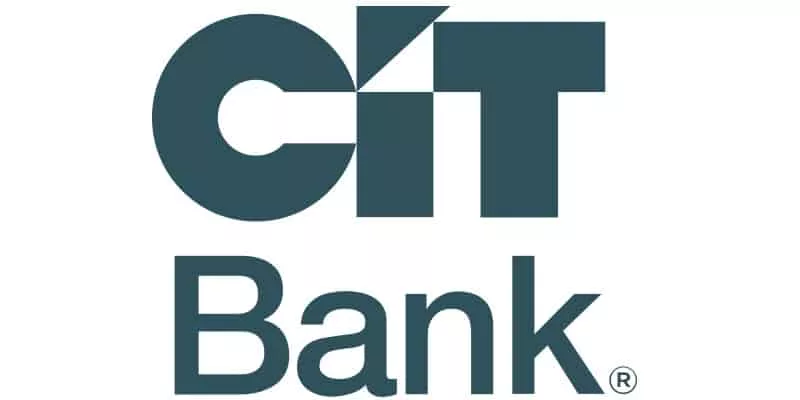Whenever you invest in a stock, bond, or mutual fund, there is no insurance against the possible loss of your initial investment.
Regulatory agencies such as the Securities And Exchange Commission (SEC) and the Financial Industry Regulatory Authority (FINRA) deal with issues related to fraud and other losses.
What is the SIPC?
The Securities Investor Protection Corporation (SIPC) is a non-profit corporation that protects investors against losses if their brokerage fails financially. SIPC was created in 1970 by Congress to provide protection for customers of brokerage firms that fail. The SIPC provides insurance coverage for customer accounts up to $500,000 per account.
SIPC is an independent federal agency with offices in Washington D.C., New York City, Chicago, Los Angeles, San Francisco, Boston, Philadelphia, Atlanta, Miami, Houston, Dallas, Denver, Phoenix, Seattle, Portland, and Minneapolis.
Why Do You Need To Know About SIPC?
If you invest in stocks through a brokerage firm, you need to know about SIPC because it protects your money when the firm fails. SIPC provides protection for up to $500,000 per customer. This means that if your account falls below that limit, SIPC will cover any losses up to that amount.
SIPC's focus is both different and narrow: restoring customer cash and securities left in the hands of bankrupt or otherwise financially troubled brokerage firms. Although created under a federal law, the SIPC does not combat fraud. It has no authority to investigate or regulate its member broker-dealers.
The SIPC focuses on restoring customer cash and securities left in the hands of bankrupt or otherwise financially troubled brokerage firms.
But not every brokerage is a SIPC member, so do your due diligence when choosing a brokerage to invest with. SIPC has an online searchable database of its members.
What Are Some Benefits SIPC?
There are several benefits to SIPC.
- First, you can rest assured knowing that your funds are protected up to a certain amount.
- Second, you won’t lose access to your investments if the firm goes out of business.
- Third, you can take advantage of free educational materials provided by SIPC.
- Fourth, insured up to $500,000 in assets ($250,000 limit in cash).
- Fifth covers brokerage accounts and retirement accounts.
- Finally, you can also receive assistance with filing claims against the firm.
Examples of customer SIPC protections
Over the years there have been some well-known cases where the SIPC has helped customers, for example:
- 2008 – Lehman Brothers Inc. fails as part of the largest bankruptcy in U.S. history. SIPC steps in to protect customers. The Trustee transfers more than 110,000 customer accounts, containing more than $92 billion in customer assets, within weeks.
- 2014 – SIPC steps in to protect customers of Bernard L. Madoff Investment Securities LLC, the largest Ponzi scheme in history. By the end of 2020, the Trustee for the Bernard L. Madoff Investment Securities LLC liquidation had recovered $14.4 billion, and distributed nearly $13.9 billion. Any customer with a net asset value of up to approximately $1.58 million was made whole. Customers with larger claims received over 68.60% of the net amount entrusted to the Madoff firm.
Is the SIPC protections the same as FDIC-insured accounts
No. The Federal Deposit Insurance Corporation (FDIC) was created in 1933 to provide insurance for your bank deposits. In order for your money to qualify for FDIC insurance, the funds must be in an FDIC-insured bank account. If the institution files for bankruptcy, closes, or suffers another type of financial hardship, your money is covered for at least $250,000 in deposits, including principal and accrued interest.














